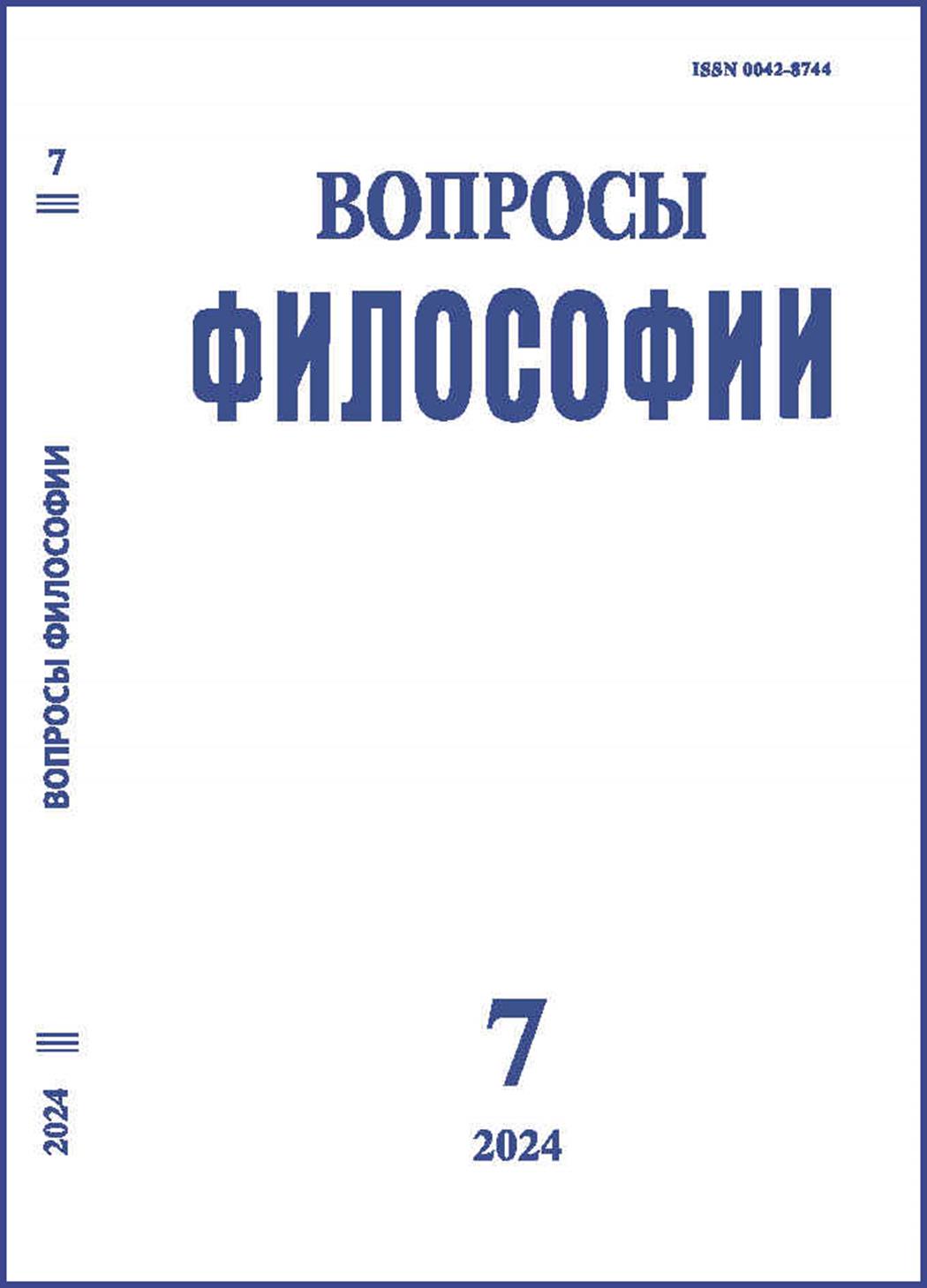The Struggle against Idealism in Quantum Chemistry in the USSR and Discussions of XXI Century
DOI:
https://doi.org/10.21146/0042-8744-2024-7-114-124Keywords:
quantum physics, quantum chemistry, idealism, positivism, cosmopolitism, universities, the Academy of Science, politics, research.Abstract
At the end of the last century and at the beginning of this century, a number
of historical and methodological papers was published on the ideological and political campaigns that took place in the USSR in the late 1940s and early 1950s.
This article continues this historical and scientific line. It examines an ideological
attack on one of the early quantum chemical theories, the theory of resonance,
which took place in Soviet science in the 1949–1951’s (more broadly, the expression “antiresonance campaign” can be rewritten as follows: “a campaign to fight
against idealism in quantum chemistry” or “the struggle for ideological correctness of Soviet quantum chemistry”), provides an overview of the literature
on the history of criticism of chemical and physical theories in the course of these
ideological and political campaigns and highlights two ideological dominants
of these campaigns: the struggle against physical idealism and the struggle against
so-called cosmopolitanism. It is noted that the anti-resonance campaign followed
other ideological, or better to say ideological-political, events conducted by
the leadership of the Soviet Union. The campaign is also interesting as a cultural
phenomenon of the late Stalinist era with its bizarre symbiosis of scientific, rational and mystical values. It allows us to better understand the situation in Soviet
natural science, which used ideological rhetoric and nevertheless retained creative
potencies, as well as why quantum chemistry, which included the theory of resonance, was not defeated like genetics, why it, having lost pace of development,
was preserved as a scientific area

